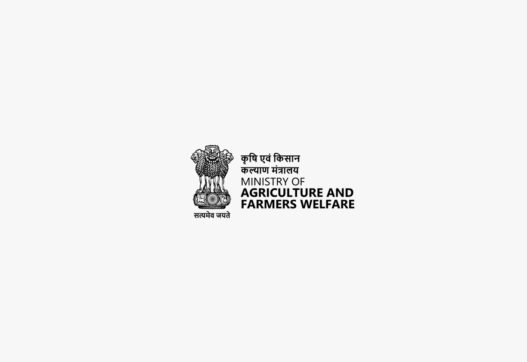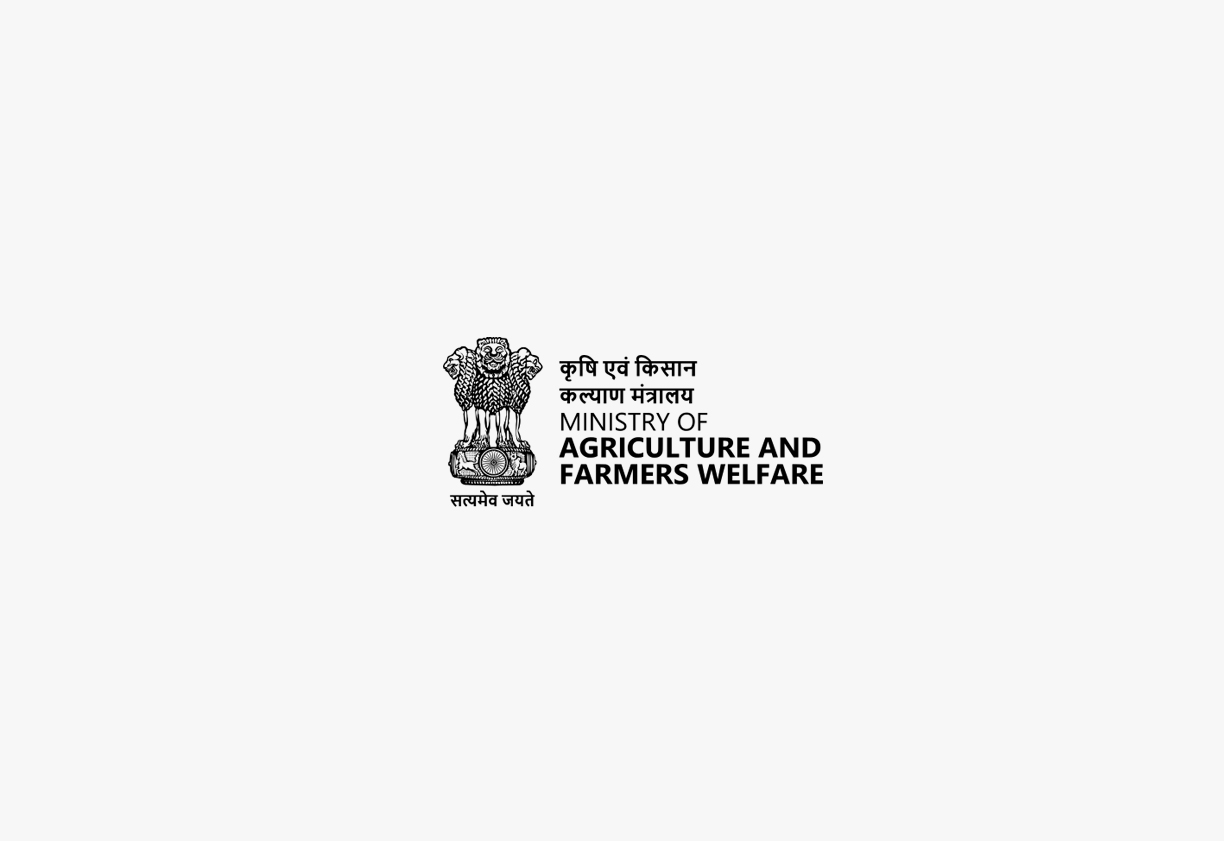Ministry of Agriculture and Farmers Welfare
The Insecticides Act, 1968, is a crucial legislation in India that regulates the import, manufacture, sale, transport, distribution, and use of insecticides. This Act aims to prevent risks to human beings, animals, and the environment by ensuring the quality and safety of insecticides. This article provides a summary of the Act, highlighting its background, key provisions, and penalties.
1. Act Background and Ministry:
-
Background: The Insecticides Act, 1968, was enacted to regulate the import, manufacture, sale, transport, distribution, and use of insecticides to prevent risks to human beings, animals, and the environment. It reflects the need for a comprehensive law to control the use of insecticides and ensure their safe and effective application.
-
Ministry: The Act is primarily administered by the Ministry of Agriculture and Farmers Welfare, Government of India.
2. Enactment Date, Number of Chapters, Number of Sections:
-
Enactment Date: The Act was enacted on September 2, 1968.
-
Number of Chapters: The Act is divided into seven chapters.
-
Number of Sections: The Act contains 38 sections, with some sections having sub-sections and amendments.
3. Act Governed By:
The Act is primarily governed by the Central Government, which has the power to constitute the Central Insecticides Board and the Registration Committee, and to make rules for carrying out the purposes of the Act. The State Governments also have a role in enforcing the provisions of the Act within their respective jurisdictions.
4. On Whom It Is Applicable:
The Act applies to:
-
Manufacturers of Insecticides: Individuals or entities involved in the production of insecticides.
-
Importers of Insecticides: Individuals or entities bringing insecticides into India.
-
Sellers and Distributors of Insecticides: Individuals or entities involved in the sale and distribution of insecticides.
-
Users of Insecticides: Individuals or entities using insecticides for commercial pest control.
-
Insecticide Analysts: Individuals appointed to analyze insecticide samples.
-
Insecticide Inspectors: Individuals appointed to inspect and enforce the provisions of the Act.
-
Licensing Officers: Individuals appointed to grant licenses for the sale and distribution of insecticides.
5. Penalties/Punishments:
The Act prescribes various penalties for offenses related to insecticides, including:
-
Fines: Fines are imposed for various offenses, ranging from a few thousand to several lakh rupees.
-
Imprisonment: Imprisonment may be imposed for certain offenses, such as manufacturing or selling unregistered or misbranded insecticides, and for obstructing inspectors.
-
Enhanced Penalties: Enhanced penalties may be imposed for subsequent offenses.
6. Important Pointers:
-
Central Insecticides Board: The Act establishes the Central Insecticides Board to advise the government on matters related to insecticides.
-
Registration Committee: The Act establishes a Registration Committee to register insecticides.
-
Registration of Insecticides: The Act requires the registration of all insecticides before they can be manufactured or imported.
-
Licensing of Insecticide Dealers: The Act requires licenses for the sale, stocking, and exhibition of insecticides.
-
Misbranded Insecticides: The Act defines misbranded insecticides and prohibits their sale.
-
Prohibition of Certain Insecticides: The Act empowers the government to prohibit the import, manufacture, sale, or use of certain insecticides.
-
Insecticide Analysts and Inspectors: The Act provides for the appointment of Insecticide Analysts and Inspectors to enforce the provisions of the Act.
-
Powers of Inspectors: Inspectors have the power to enter premises, inspect records, take samples, and seize insecticides.
-
Penalties for Contravention: The Act prescribes penalties for various contraventions, including fines and imprisonment.
-
Power to Make Rules: The Central Government and the State Governments have the power to make rules for carrying out the purposes of the Act.
7. Act Copy:




